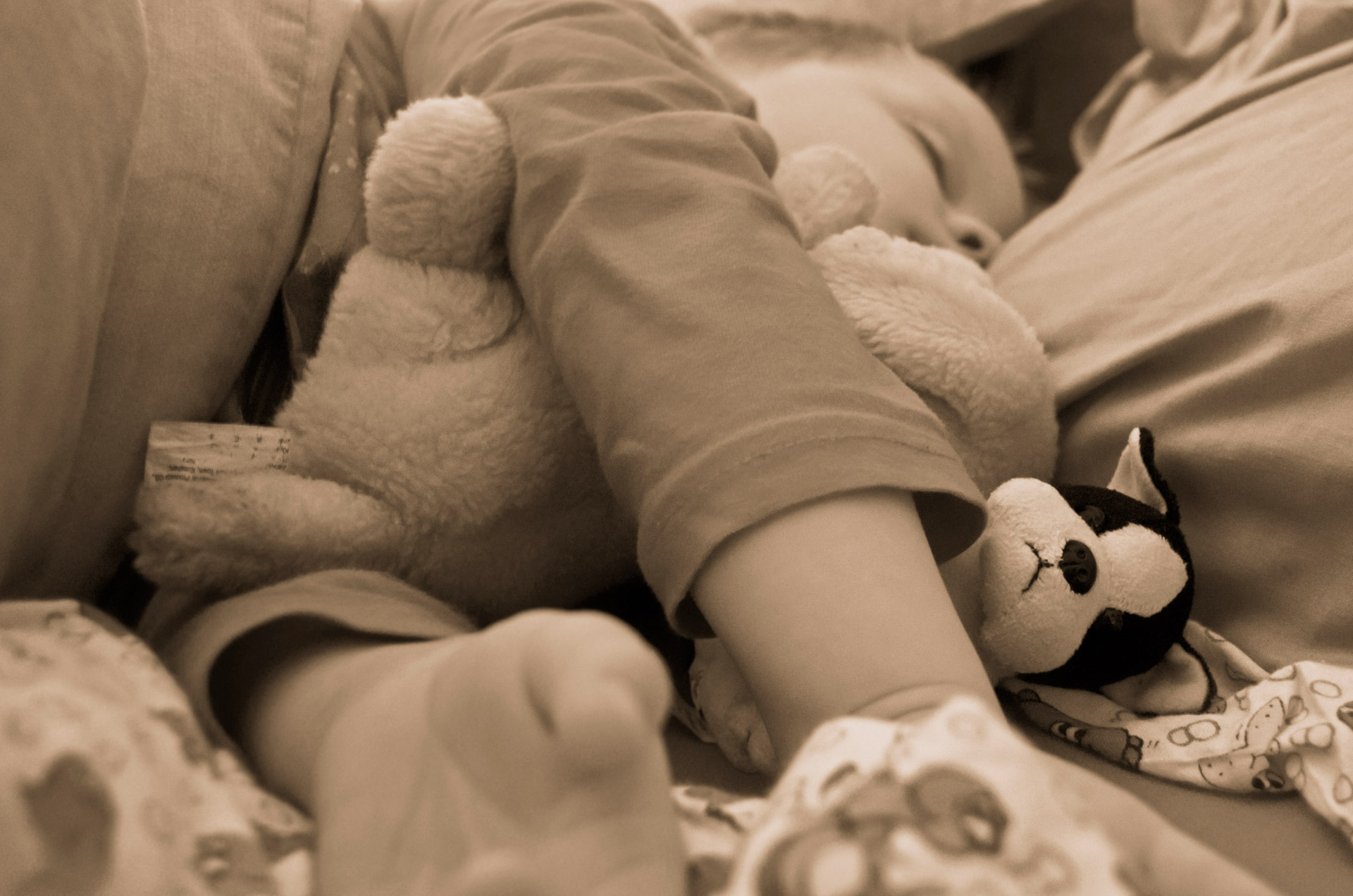"Going to church" is a concept completely foreign to the Bible.
The church is not a building. It's not a place to go.
The church is not an event. It's not an activity to do.
The church is not a club. It's not a game to play.
Rather, the church is something to BE. It is the bride of Christ, the living breathing children of God.
Do we really want to be the church?
I've been thinking about this question quite a bit over the past few weeks. Ever since I was asked by an elder with whom I meet regularly. In no real particular order, below are some of the questions I've been asking myself:
- Do I really want to "do life" with other brothers and sisters in Christ?
- Do I really want the church more than I want my life lived my way?
- Do I really want my time with the church to be dominated by talk of Christ?
- Am I willing for my home to be shared with the church?
- Am I willing to simply drop by others' homes?
- Am I willing for others to simply drop by my home at any time?
- Am I willing to have a completely disruptable life?
- Am I willing to live within "life distance" from others rather than driving distance?
- Am I willing to live in a neighborhood "below my means" to live among the church?
- Am I willing to live in a home that may be "too small" to live among the church?
- Am I willing to sacrifice my routines for the sake of the church?
- Am I willing to sacrifice my leisure activities for the sake of the church?
- Am I willing to eat what I'd rather not for the sake of the church?
- Am I willing to change my plans for the sake of the church?
- Am I willing to arrange my schedule for the benefit of the church rather than myself?
- Am I willing to sacrifice my children's activities for the sake of the church?
- Am I willing to sacrifice my children's homework time for the sake of the church?
- Am I willing to disrupt my children's routines for the sake of the church?
- Do I really want my children to experience the church rather than "Sunday school"?
- Do I really want to children to experience the church more than what the world has to offer?
In essence, am I willing to sacrifice "my"?
Questions I continue to ponder.
















